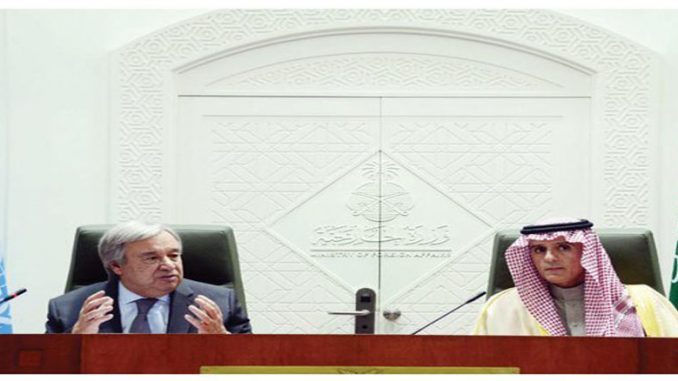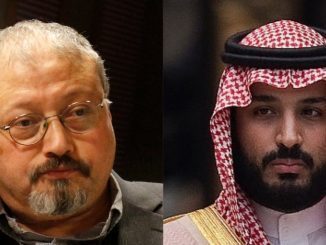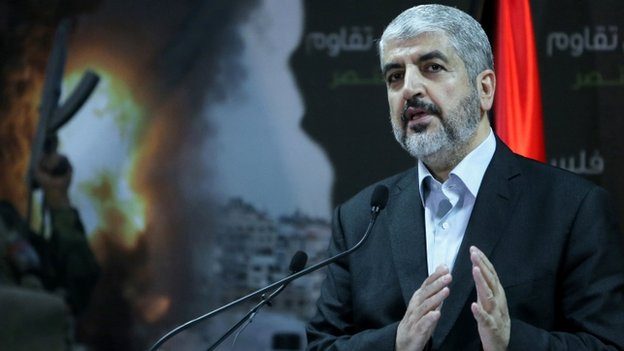
UN Secretary-General Antonio Guterres has lent all support to the warring factions in Yemen if they are willing to reconcile and reach a political solution to the bloody conflict within the framework of the UN resolutions and GCC-brokered initiative. Guterres also strongly backed the efforts of UN envoy Ismail Ould Cheikh Ahmed, saying that the UN envoy enjoys full support from the UN.
At the outset of the meeting at Al-Yamamah Palace, King Salman congratulated Guterres on his appointment to the UN’s top post.
“The king and UN secretary general reviewed the efforts and the missions entrusted to the UN to achieve international peace and security,” said a report published by SPA Sunday. Later, the UN secretary general met Crown Prince Mohammed bin Naif, deputy premier and minister of interior; who praised UN efforts to achieve global peace and stability.
The UN chief also met with Deputy Crown Prince Mohammed bin Salman, minister of defense, and discussed the latest developments in the Middle East region, particularly in Syria and Yemen, as well as the efforts exerted by the Kingdom to restore peace, security and stability in the region. The meeting also addressed the Kingdom’s support for the efforts of the UN.

Al-Jubeir deplored the Yemen situation saying, “We made many agreements with Houthis and the faction led by Ali Abdullah Saleh, but none of the agreement was implemented by them. The Kingdom and the GCC went ahead to help Yemen and its government within the framework of the article 51 of the UN charter.”
Al-Jubeir said that he had extensive discussions with UN secretary general on a range of issues including “on Syria, Iraq, Yemen, Libya, Iran, Islamophobia and counter-terrorism efforts.” In a question about support to Syria, the foreign minister expressed hope that “the global support for moderate Syrian opposition will continue.”
The foreign minister said he expected support for rebels in Syria to continue despite the fall of Aleppo to the Syrian government in December, but noted that any decision would be made as part of the US-led international coalition.
“We believe that the moderate opposition has an important role to play. We believe that they need to be able to defend themselves, as well as to fight against Daesh and Al Qaeda,” he said.
The foreign minister also said, “The US-Saudi relations have been strong for the last eight decades, during which we overcame several challenges.” He said that “we can see eye to eye with the US on the issue of Iran, on Syria, on Lebanon, on fight against Daesh and on Yemen.”
Al-Jubeir also described the Saudi-American relationship as “excellent,” continuing to signal warm ties with new administration of US President Donald Trump after visiting Washington and New York earlier this month.
UN chief Guterres said that the UN has concerns over the issues affecting the peace and security of the region as a whole. He appealed to the warring factions in Yemen not to hamper the relief efforts and the delivery of humanitarian aid. He also called for “inclusive reconciliation in Iraq,” while condemning Islamophobia and Islam bashing.
“Islamophobia” in parts of the world is fueling terrorism, said the UN chief adding that “one of the things that fuel terrorism is the expression in some parts of the world of Islamophobic feelings and Islamophobic policies and hate speeches. This is the best support that Daesh can have to make its own propaganda.”
The UN chief also spoke about the reforms of the UN, saying that the Kingdom will have to play a major role in any UN initiative.
Before wrapping up his visit to the Kingdom, Guterres visited the Riyadh-based King Salman Center for Relief and Humanitarian Aid, where he met with Adviser at the Royal Court and General Supervisor of the Center Dr. Abdullah Al-Rabeeah.




